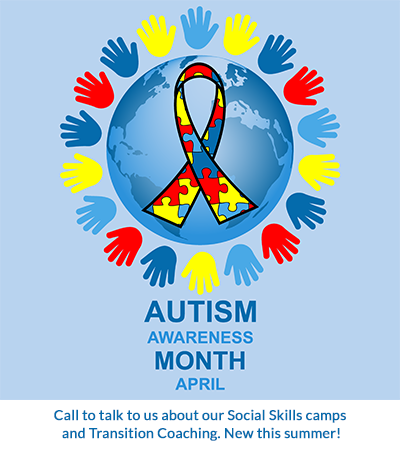 My guess is that the most common answer to the question “What’s your favorite subject in school?” is RECESS. Well, maybe not the most common, but certainly at the top-of-mind for kids in primary school.
My guess is that the most common answer to the question “What’s your favorite subject in school?” is RECESS. Well, maybe not the most common, but certainly at the top-of-mind for kids in primary school.
I remember when I was a student, that breaks throughout the day were important, even necessary. And my daughter seconds the motion!
So when I came across an article in Education Week exploring the decline in withholding recess as a punishment, I immediately took notice. It starts like this:
As schools move to ban restrictions on playtime, some teachers resist losing discretion over discipline. ~By Evie Blad
It’s not uncommon for elementary school teachers to take away recess time to discipline students. Withholding cherished playtime clearly communicates to children that their misbehavior is unacceptable, they argue.
But more and more, schools are doing away with withholding recess for disciplinary reasons, pointing to research findings that unstructured play and exercise benefit students both inside and outside the classroom.
The research is extensive, dating back many years now. The American Academy of Pediatrics, the Universities of Colorado and Illinois, the American Heart Association, and the Centers for Disease Control and Prevention have either carried out field research or published articles stressing the need for more physical activity for school children and the importance of daily, unscheduled recess time.
The article also cited the involvement of parents in urging the elimination of restrictions, particularly in New Haven, Conn., and Berkeley, Calif. In Berkeley though, teachers have pushed back against this idea, saying that it was necessary to have this disciplinary method “because there are times when it is absolutely the right tool.”
As usual, a middle ground needs to be sought, but there is no question that daily vigorous exercise is extremely necessary for young children. And for all children, for that matter. Also, the value of breaking up academic activity with physical activity cannot be overstressed. Most of us can’t sit at a desk all day.
Children never can.
And this leads me to the discipline question: how do we modify behavior? Can the same tactics be used on everyone? What types of discipline should be used for prodding, and what types for “consequences”? In my job, as I’ve said before, I get to see the widest variety of social interactions, both in school and out. I can honestly say that no two of our tutoring students are alike…in any way; so how can discipline or behavior modification be universal, applied to all kids? Just as with learning, each child needs his or her own formula. I hope this starts some conversation on this blog. Let me know what you think.
But one last thing, as it applies to physical activity and academics: along with the need for exercise during the day of the school year, there is also a need for intellectual and academic pursuits during the summer vacation. We’ve mentioned this before in these blogs as well, but summer learning loss is just as significant a danger as inactivity at school. There must be a balance for our children. It’s too hard to play catch-up in September after two months of “vacation.”
Take a look at the National Summer Learning Association’s web site: http://www.summerlearning.org/?page=know_the_facts. There are others you can Google as well, but again, balance is vital to all of us, and especially to our growing and developing kids.
If you need some help with pursuing meaningful summer learning, don’t hesitate to call or write me. We have a wealth of resources we can point you toward.
Have a topic you’d like to discuss. By all means, let me know. I’d love to get your opinions!
Photo credit: jungle gym dialogues via photopin (license)











